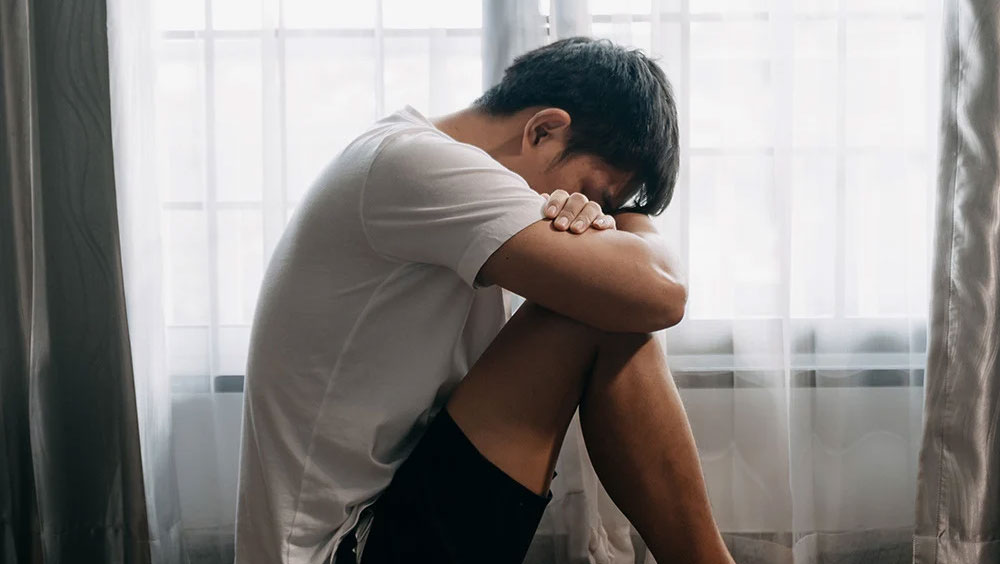Depression is a common but serious mental health condition that affects millions of people globally. While it can feel overwhelming, the good news is that depression is treatable. Modern approaches, including therapy, medication, and specialized depression rehab programs, offer hope and healing. In this article, we'll explore how to effectively treat depression and reclaim a fulfilled life.
Understanding Depression And Its Impact
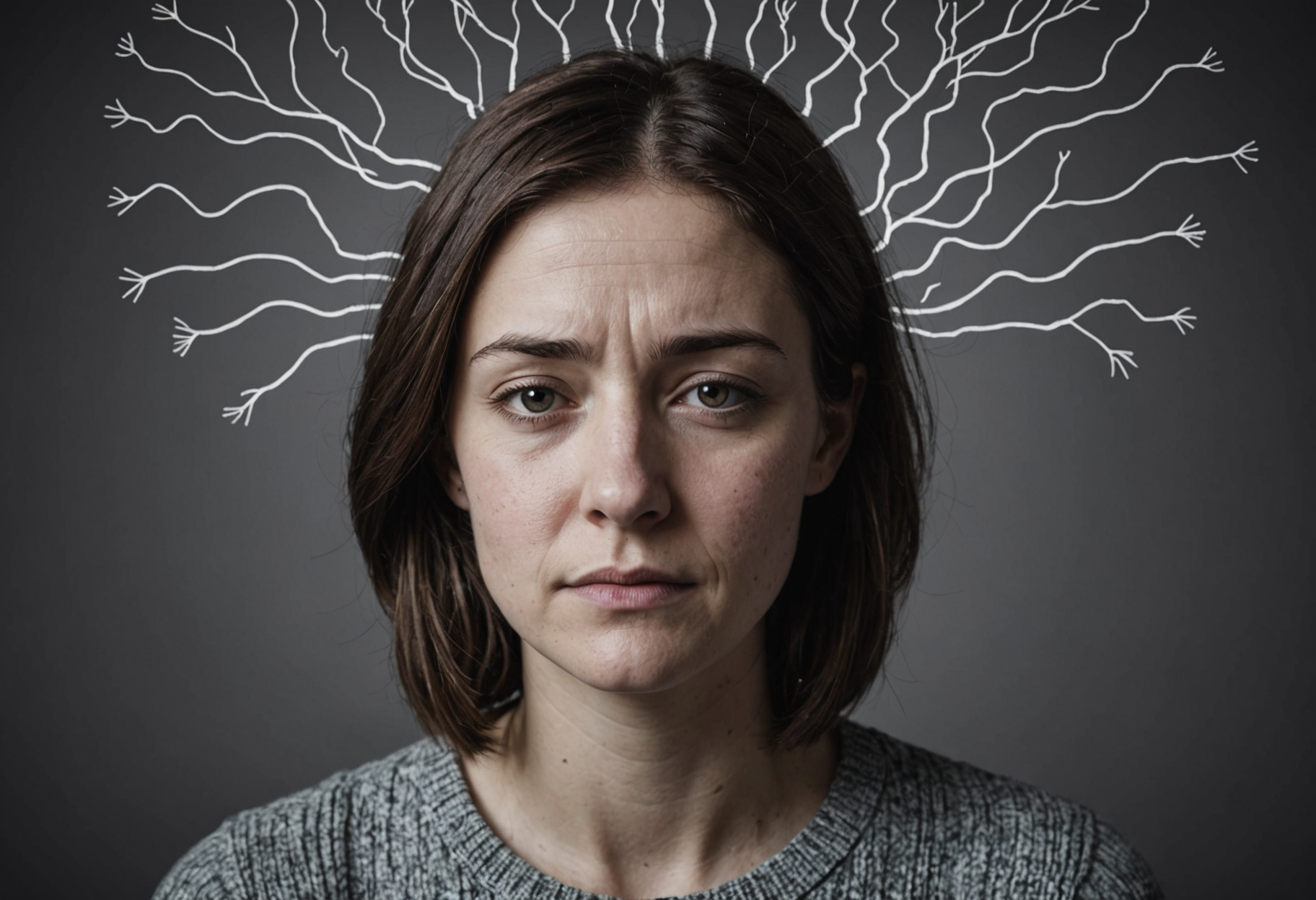
Depression goes beyond occasional sadness—it is a persistent condition that affects how you think, feel, and function day to day. Symptoms vary from person to person but often include feelings of hopelessness, a lack of energy, insomnia, and even physical pain. Awareness is the first step in the treatment process. The earlier depression is identified, the better the outcomes for recovery.
The Importance Of Early Intervention
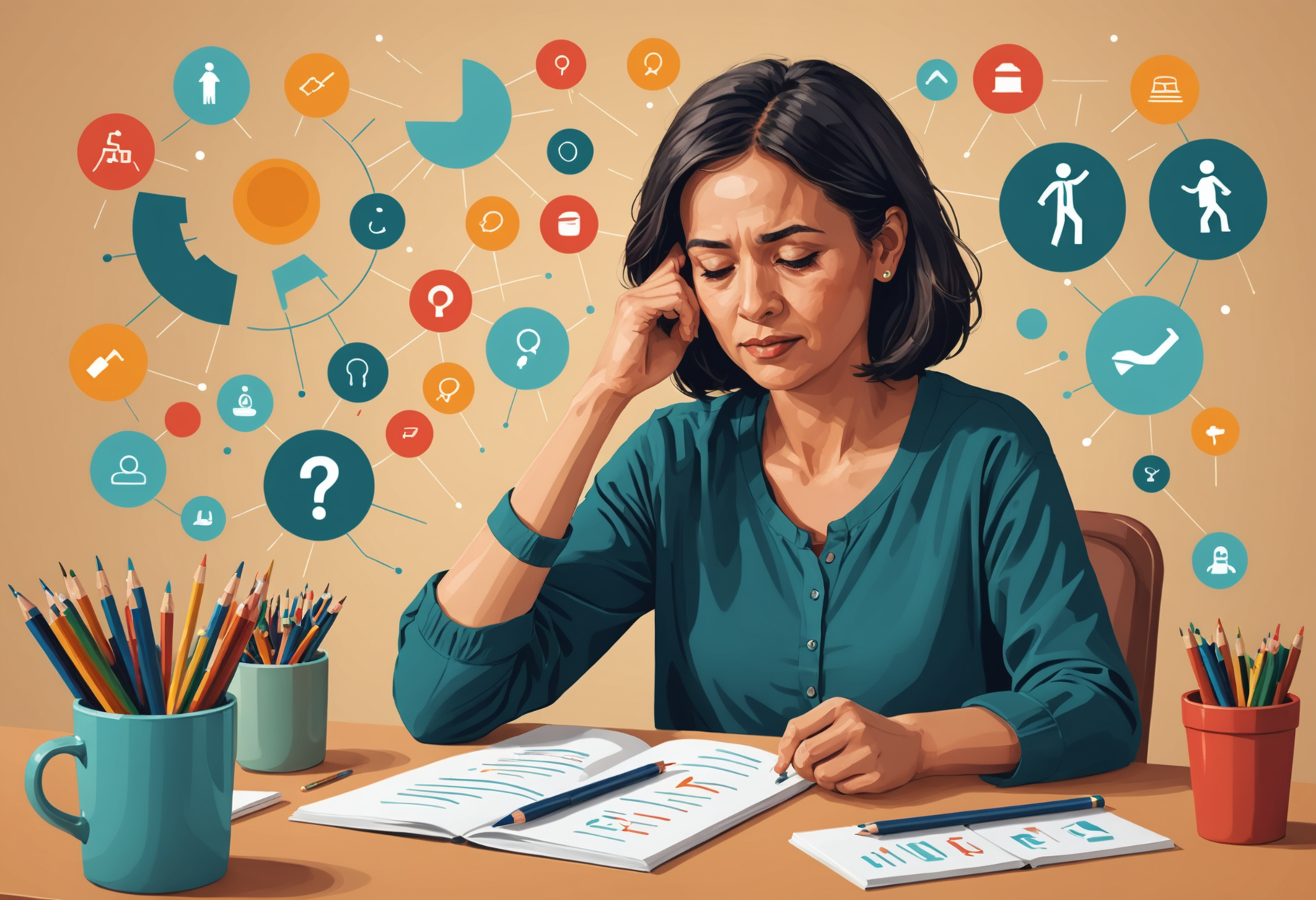
Recognizing the early signs of depression—such as mood swings, withdrawal from activities, and changes in appetite—can prompt early professional help. Seeking timely support can prevent the condition from worsening and allows for tailored treatments to begin before chronic patterns settle in. Early intervention is key to effective depression rehabilitation.
Cognitive Behavioral Therapy (CBT) For Depression
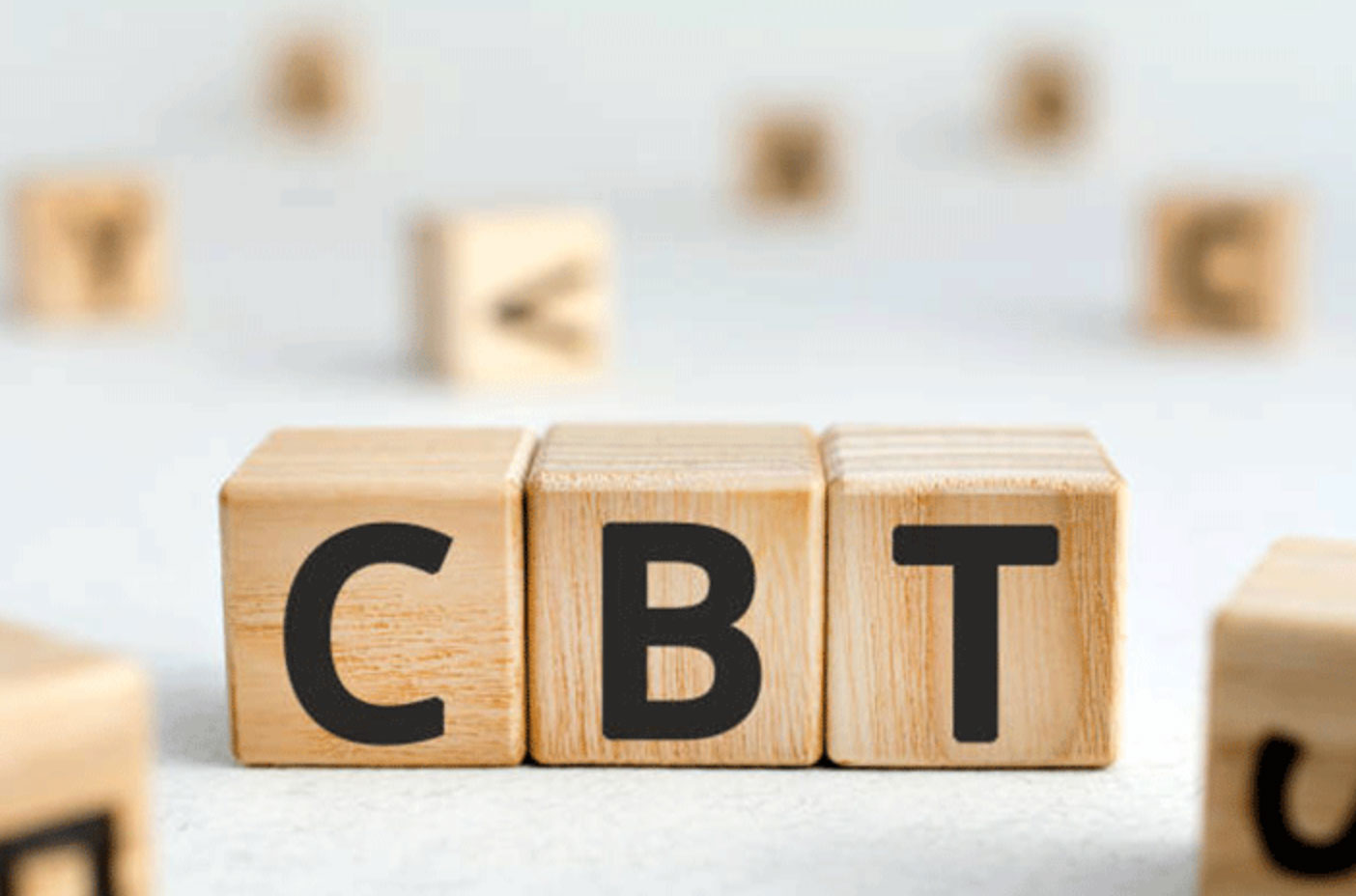
Cognitive Behavioral Therapy, commonly known as CBT, is one of the most effective treatments for depression. CBT helps individuals identify and reframe negative thought patterns, develop coping strategies, and improve emotional regulation. In many depression rehab centers, CBT forms the cornerstone of treatment plans due to its high success rates.
Role Of Medication In Treating Depression
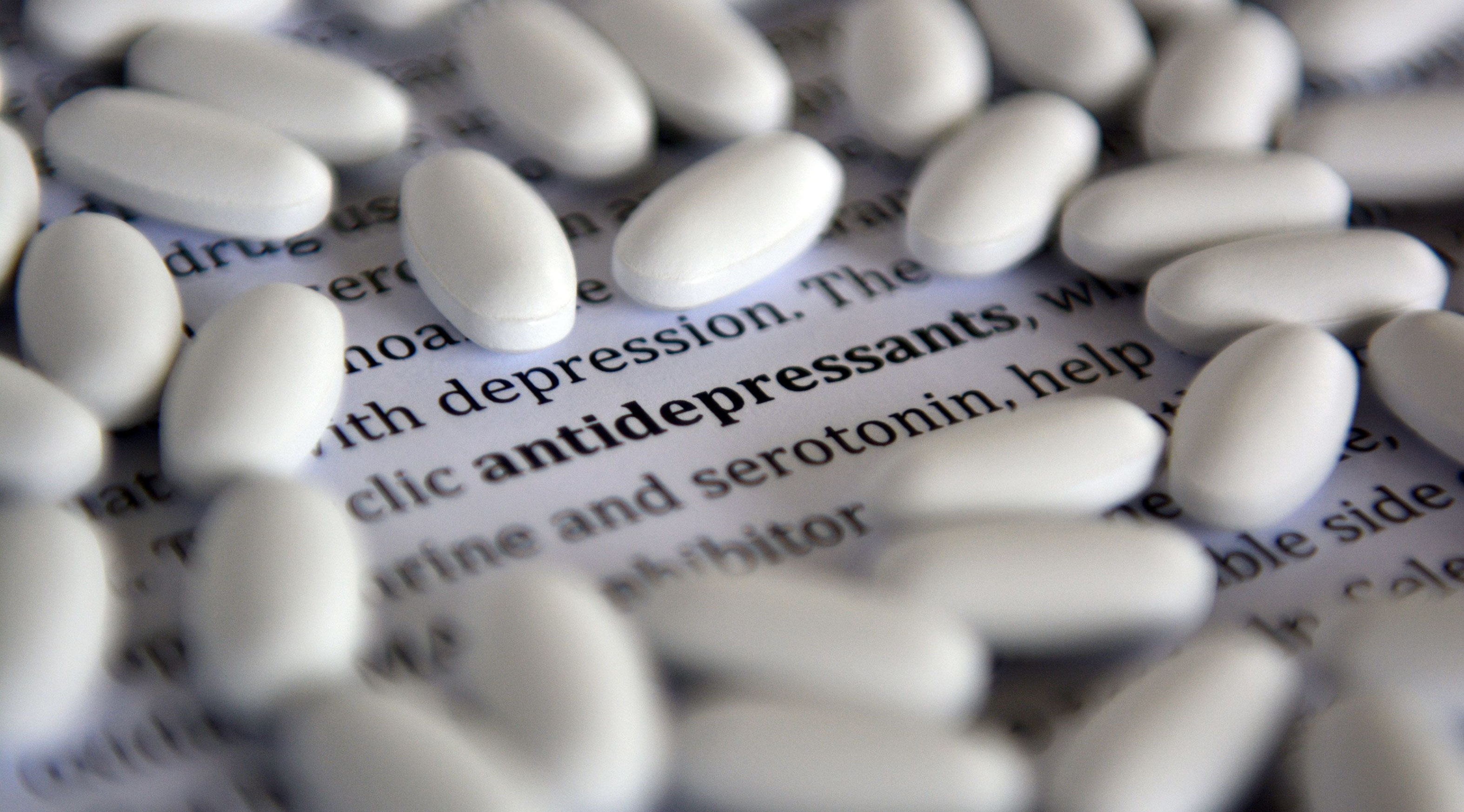
Antidepressant medications can help regulate the brain chemicals associated with mood and stress. Common categories include SSRIs and SNRIs. While not a standalone cure, medication can be a vital component of a comprehensive depression rehabilitation plan. It's essential to consult a healthcare provider to find the right medication and dosage for your unique needs.
What Is Depression Rehabilitation?
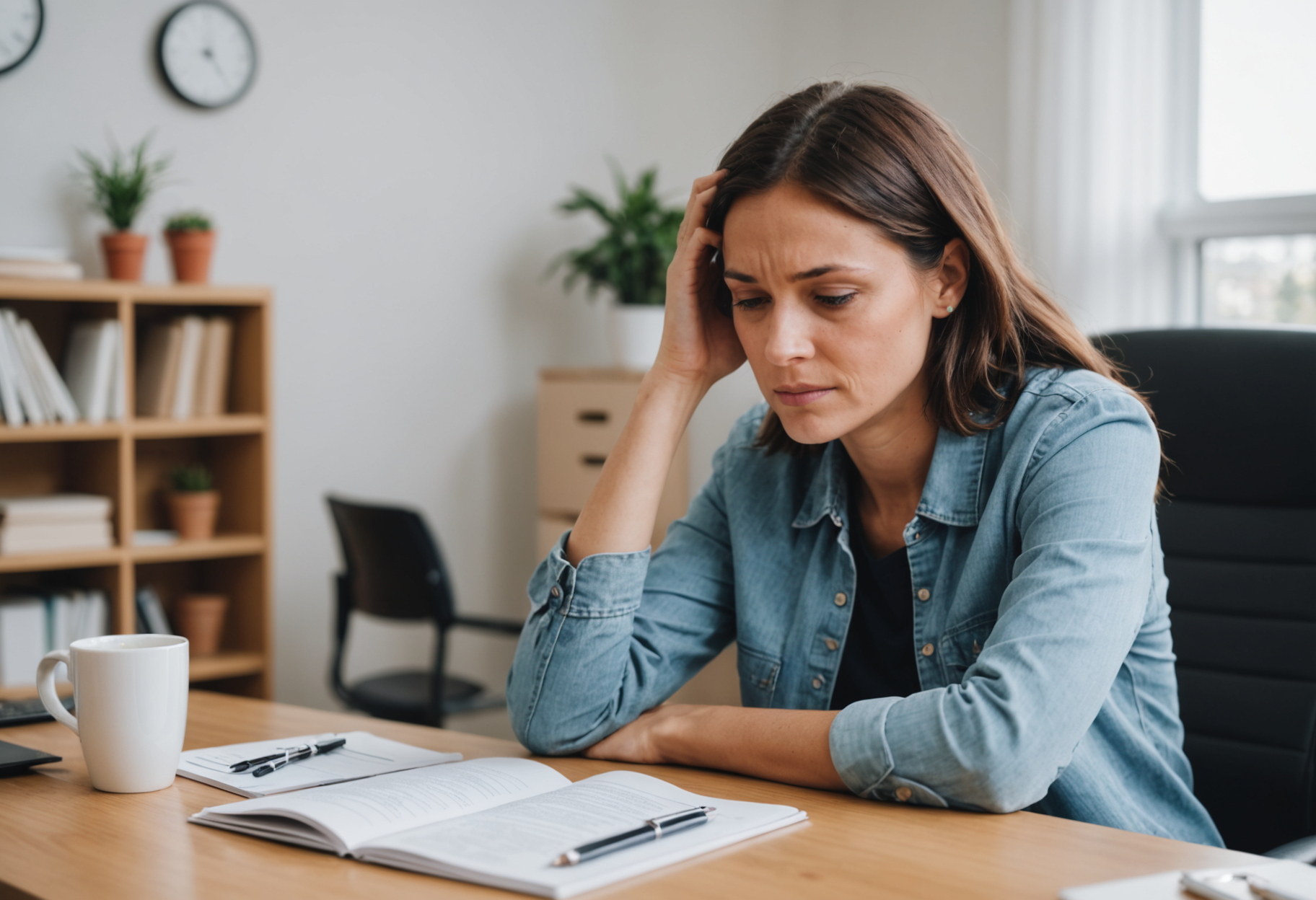
Depression rehabilitation refers to structured programs designed to support long-term mental health recovery. These programs may include medical monitoring, individual therapy, group counseling, holistic therapies, and life skills training. The goal of depression rehab is to treat underlying issues while building a foundation for lasting emotional wellness.
Choosing The Right Depression Rehab Program

Finding the right depression rehab center involves evaluating factors like treatment approach, program length, staff credentials, and aftercare support. Some programs offer inpatient care for those needing intensive support, while others provide outpatient services for greater flexibility. Personalized treatment plans make these programs particularly effective in helping individuals sustain recovery.
Lifestyle Changes That Support Recovery

Alongside medical and therapeutic treatments, lifestyle changes can significantly aid in treating depression. Regular exercise, a balanced diet, sufficient sleep, and stress-reduction techniques all contribute to mental well-being. Depression rehab programs often incorporate wellness strategies to promote a healthier daily routine and increase resilience.
Support Networks And Community Involvement

Isolation can deepen the grip of depression. Building a strong support system of family members, friends, and support groups can provide emotional encouragement and practical guidance. Many depression rehabilitation programs include family therapy to strengthen relationship dynamics and encourage a comprehensive recovery environment.
Aftercare And Long-Term Management

Recovery from depression doesn't end when a rehab program concludes. Ongoing therapy, support group participation, and regular medical check-ins are crucial for maintaining progress. Depression rehabilitation centers often offer aftercare services to help individuals stay connected and proactive in managing their mental health long-term.
Treating depression is a journey that requires compassion, commitment, and the right support system. From therapy and medication to comprehensive depression rehab programs, there are many effective paths to healing. By taking that first step toward treatment, you’re investing in a brighter and healthier future. Remember, help is available—and recovery is possible.

